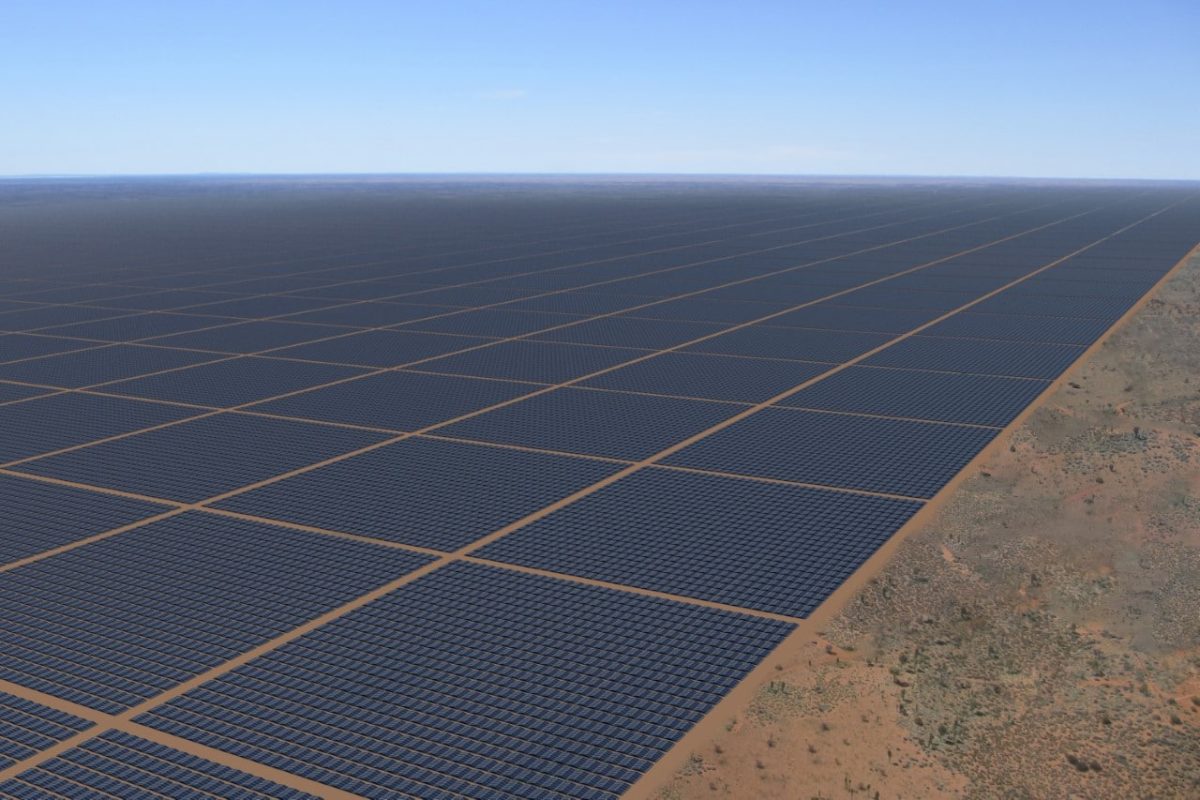GlobalData says in a new report that solar installations in Australia could grow by a factor of four by 2030. It estimates that the country will reach a solar capacity of 80.22 GW in 2030, from 17.99 GW in 2020.
The report also forecasts a significant decline in the dominance of thermal power in Australia’s energy mix, seeing it decline from a 58.6% share in the 2000-20 period to only 27.8% in 2030.

“Australia plans to compensate the decline in thermal and hydropower capacity with renewable power capacity growth,” said GlobalData power analyst Aditya Sharma. “By 2030, the share of renewable power capacity is set to reach 69.9%, driven mostly by solar PV installations.”
GlobalData points to Australia’s various federal, state and local regulatory regimes as one of the primary drivers for its already world-leading solar deployment. The rate of rooftop solar adoption in the country well exceeds the global average.
According to data from the International Renewable Energy Agency (IRENA), more than 260 GW of renewable energy was added throughout the world in 2020, surpassing 2019’s previous net increase record by almost 50%. Australia’s pace of growth was almost double the global average, coming in at 18.4%.
“The growth of solar PV in Australia is driven by frequent renewable energy auctions and offering of feed-in tariffs,” continued Sharma. “In addition to the federal initiatives, all eight provinces offer their own schemes supporting growth of solar PV. For instance, in Australian Capital Territory, in addition to solar PV auctions, the provincial government also offers interest-free loans for rooftop solar.”
This content is protected by copyright and may not be reused. If you want to cooperate with us and would like to reuse some of our content, please contact: editors@pv-magazine.com.




4 comments
By submitting this form you agree to pv magazine using your data for the purposes of publishing your comment.
Your personal data will only be disclosed or otherwise transmitted to third parties for the purposes of spam filtering or if this is necessary for technical maintenance of the website. Any other transfer to third parties will not take place unless this is justified on the basis of applicable data protection regulations or if pv magazine is legally obliged to do so.
You may revoke this consent at any time with effect for the future, in which case your personal data will be deleted immediately. Otherwise, your data will be deleted if pv magazine has processed your request or the purpose of data storage is fulfilled.
Further information on data privacy can be found in our Data Protection Policy.